Science backed + consciously sourced
We’re intentional about the plant-based nutrients we use. Learn about their sources and benefits.
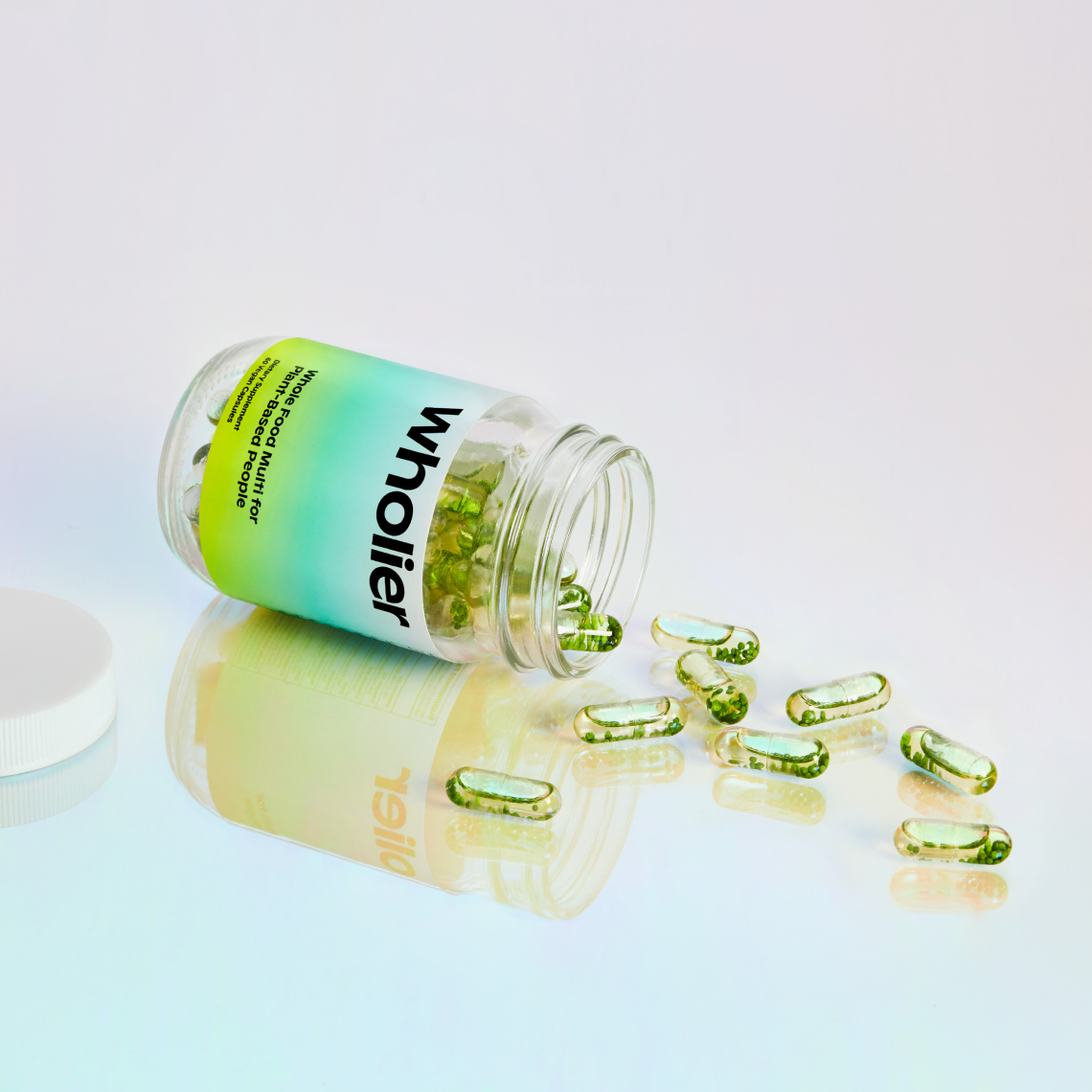
Multi for Plant-Based People
8 essential nutrients,
1 balanced multivitamin
-

OMEGA - 3
DHA + EPA from fermented microalgae
-

VITAMIN K2
Non-soy MK-7 from fermented chickpeas
-

IRON
From fermented Koji rice + bisglycinate
-
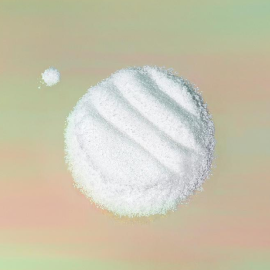
IODINE
Iodine from sea kelp
-
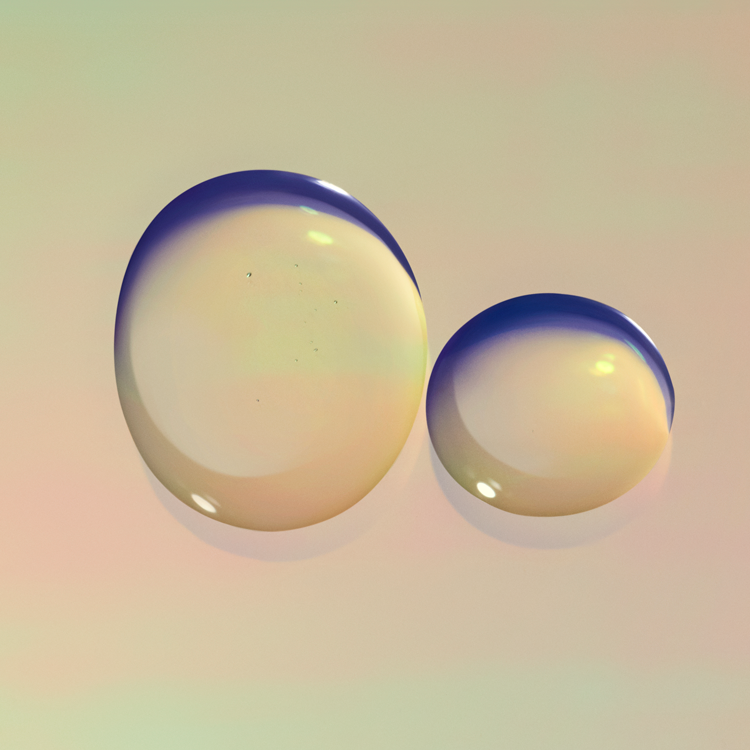
VITAMIN D3
Cholecalciferol from microalgae
-
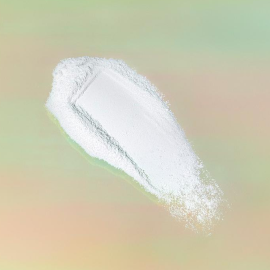
SELENIUM
Selenomethionine from gluten-free yeast
-
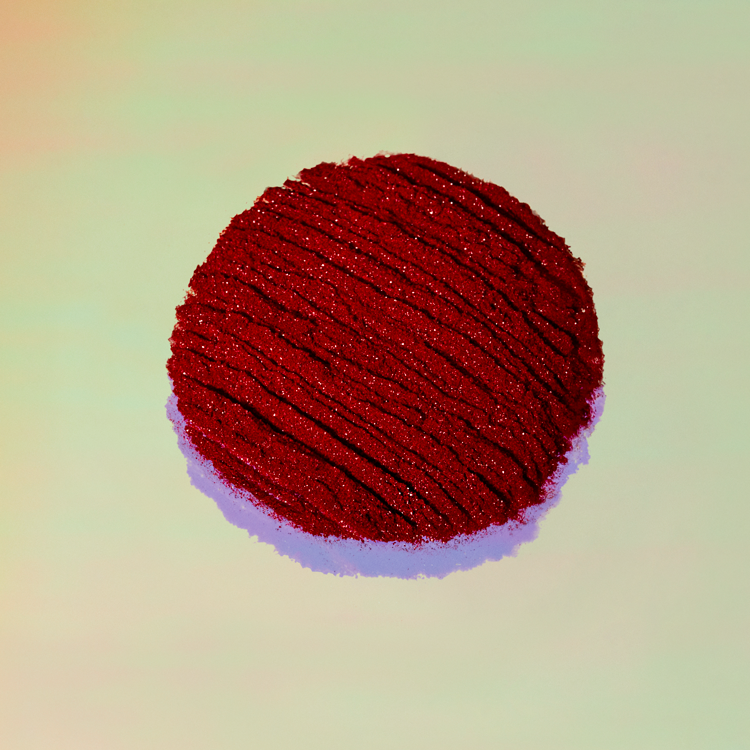
VITAMIN B12
Methylcobalamin
-
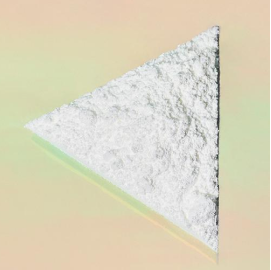
ZINC
Zinc citrate
OMEGA-3 DHA + EPA

Benefits
-
 Supports Brain Function*
Supports Brain Function*
-
 Immune Support*
Immune Support*
-
 Improved Mood*
Improved Mood*
Crafted with intention
-
 Mental clarity. Getting enough DHA and EPA has been shown to improve memory and other brain functions.*
Mental clarity. Getting enough DHA and EPA has been shown to improve memory and other brain functions.*
-
 Boost your immunity. EPA and DHA have been shown to enhance the function of immune cells, so your body can better protect itself.*
Boost your immunity. EPA and DHA have been shown to enhance the function of immune cells, so your body can better protect itself.*
-
 Better mood. A number of promising studies suggest that natural sources of omega-3s can help fight mood disorders including depression.*
Better mood. A number of promising studies suggest that natural sources of omega-3s can help fight mood disorders including depression.*
Our Difference
Most multivitamins lack the important DHA + EPA combination in plant-based form and use fish oil instead. We use an algal oil with the ideal balance of both.
Source
DHA and EPA from fermented microalgae. Produced in the USA
Scientific Research
Craddock JC, Neale EP, Probst YC, Peoples GE. Algal supplementation of vegetarian eating patterns improves plasma and serum docosahexaenoic acid concentrations and omega-3 indices: a systematic literature review. J Hum Nutr Diet. 2017 Dec;30(6):693-699.
VITAMIN K2

VITAMIN K2
Benefits
-
 Bone Health*
Bone Health*
-
 Heart Health*
Heart Health*
-
 Skin Health*
Skin Health*
Crafted with intention
-
 Strengthen your inner workings. K2 plays an essential role in blood clotting, heart health, and bone health.*
Strengthen your inner workings. K2 plays an essential role in blood clotting, heart health, and bone health.*
-
 Healthy aging. Studies have shown that K2 can assist with insulin resistance, which can help prevent premature aging and keep collagen and elastin strong in your skin.*
Healthy aging. Studies have shown that K2 can assist with insulin resistance, which can help prevent premature aging and keep collagen and elastin strong in your skin.*
Our Difference
We use a form of pure non-soy MK-7 made from fermenting chickpeas. It lasts longer in the body than its counterpart MK-4.*
Source
Non-soy MK-7 from fermented chickpeas | Produced in Norway
Scientific Research
Theuwissen E, Magdeleyns EJ, Braam LA, Teunissen KJ, Knapen MH, Binnekamp IA, van Summeren MJ, Vermeer C. Vitamin K status in healthy volunteers. Food Funct. 2014 Feb;5(2):229-34.
Iron

Benefits
-
 Blood Health*
Blood Health*
-
 Supports Brain Function*
Supports Brain Function*
-
 Immune Support*
Immune Support*
Crafted with intention
-
 Strengthen your inner workings. Iron creates hemoglobin which transports oxygen to the organs, muscles, and body tissue.*
Strengthen your inner workings. Iron creates hemoglobin which transports oxygen to the organs, muscles, and body tissue.*
-
 Healthy aging. Studies have shown that K2 can assist with insulin resistance, which can help prevent premature aging and keep collagen and elastin strong in your skin.*
Healthy aging. Studies have shown that K2 can assist with insulin resistance, which can help prevent premature aging and keep collagen and elastin strong in your skin.*
Our Difference
Many iron supplements cause gastrointestinal irritation but our blend is gentle on the stomach.* Our iron is cultured on cooked rice, and, as the Koji (a Japanese term for "cultured grain") matures and ferments, it's enriched with iron.
Source
Fermented Koji rice iron and bisglycinate | Produced in the USA
Scientific Research
Haider LM, Schwingshackl L, Hoffmann G, Ekmekcioglu C. The effect of vegetarian diets on iron status in adults: A systematic review and meta-analysis. Crit Rev Food Sci Nutr. 2018 May 24;58(8):1359-1374.
Iodine

Benefits
-
 Boosts Metabolism*
Boosts Metabolism*
-
 Immune Support*
Immune Support*
-
 Supports Brain Function*
Supports Brain Function*
Crafted with intention
-
 Strengthen your inner workings. Iodine promotes the synthesis of thyroid hormones, which play an important role in metabolism and cognitive functions.*
Strengthen your inner workings. Iodine promotes the synthesis of thyroid hormones, which play an important role in metabolism and cognitive functions.*
-
 Boost your immunity. Since the immune system relies on the proper functioning of the metabolism to stay strong, iodine can be incredibly useful in helping to boost your immune system.*
Boost your immunity. Since the immune system relies on the proper functioning of the metabolism to stay strong, iodine can be incredibly useful in helping to boost your immune system.*
Our Difference
We use iodine that is naturally sourced from seaweed.
Source
Iodine derived from sea kelp | Produced in Iceland
Scientific Research
Leung AM, Lamar A, He X, Braverman LE, Pearce EN. Iodine status and thyroid function of Boston-area vegetarians and vegans. J Clin Endocrinol Metab. 2011 Aug;96(8):E1303-7.
Vitamin D3

Benefits
-
 Bone Health*
Bone Health*
-
 Immune Support*
Immune Support*
-
 Supports Brain Function*
Supports Brain Function*
Crafted with intention
-
 Strengthen your bones. Vitamin D helps the body absorb and retain calcium and phosphorus, which are vital for maintaining healthy bones.*
Strengthen your bones. Vitamin D helps the body absorb and retain calcium and phosphorus, which are vital for maintaining healthy bones.*
-
 Boost your immunity. Vitamin D increases antimicrobial peptides, which function as a natural antibiotic, and guards against organisms that cause disease.*
Boost your immunity. Vitamin D increases antimicrobial peptides, which function as a natural antibiotic, and guards against organisms that cause disease.*
Our Difference
Most supplements source vitamin D3 from sheep’s wool. We use a vegan source derived from fermented algae.
Source
Cholecalciferol from fermented microalgae | Produced in England
Scientific Research
Elorinne AL, Alfthan G, Erlund I, Kivimäki H, Paju A, Salminen I, Turpeinen U, Voutilainen S, Laakso J. Food and Nutrient Intake and Nutritional Status of Finnish Vegans and Non-Vegetarians. PLoS One. 2016 Feb 3;11(2):e0148235.
Selenium

Benefits
-
 Boosts Metabolism*
Boosts Metabolism*
-
 Immune Support*
Immune Support*
-
 Anti-Inflammatory*
Anti-Inflammatory*
Crafted with intention
-
 Minimize damages. Selenium helps protect the body against cell damage, and, when paired with iodine, it is crucial in regulating your thyroid and metabolism.*
Minimize damages. Selenium helps protect the body against cell damage, and, when paired with iodine, it is crucial in regulating your thyroid and metabolism.*
-
 Boost your immunity. Selenium plays an important role in the health of your immune system by helping lower oxidative stress in your body.*
Boost your immunity. Selenium plays an important role in the health of your immune system by helping lower oxidative stress in your body.*
Our Difference
Our food-based form is made by fermenting saccharomyces cerevisiae (gluten-free yeast) in a selenium-rich media.
Source
Selenomethionine from gluten-free yeast (s. cerevisiae) | Produced in Canada
Scientific Research
Kadrabová J, Madaric A, Kováciková Z, Ginter E. Selenium status, plasma zinc, copper, and magnesium in vegetarians. Biol Trace Elem Res. 1995 Oct;50(1):13-24.
Vitamin B12

Benefits
-
 Energy Support*
Energy Support*
-
 Supports Brain Function*
Supports Brain Function*
-
 Boosts Metabolism*
Boosts Metabolism*
Crafted with intention
-
 Healthy energy levels. B12 is essential for your brain and nervous system to function normally.*
Healthy energy levels. B12 is essential for your brain and nervous system to function normally.*
-
 Strengthen your inner workings. B12 is involved in the formation of red blood cells and helps to create and regulate DNA.*
Strengthen your inner workings. B12 is involved in the formation of red blood cells and helps to create and regulate DNA.*
Our Difference
Most multivitamins don't have enough B12 for those leading a plant-forward diet to meet the recommended daily intake, which is shown to have an absorption rate of just 2%. Our dosage was determined specifically to support the daily B12 needs of those leading a plant-forward diet. We use methylcobalamin, which is the active, naturally occurring form of vitamin B12.*
Source
Methylcobalamin | Produced in the USA
Scientific Research
Craig WJ. Health effects of vegan diets. Am J Clin Nutr. 2009 May;89(5):1627S-1633S.
Zinc

Benefits
-
 Immune Support*
Immune Support*
-
 Anti-Inflammatory*
Anti-Inflammatory*
-
 Skin Health*
Skin Health*
Crafted with intention
-
 Fend off viruses. Zinc helps your body fight off viruses, heal properly, and even improves your sense of taste and smell.*
Fend off viruses. Zinc helps your body fight off viruses, heal properly, and even improves your sense of taste and smell.*
-
 Clearer skin. Studies suggest that zinc supplementation can effectively treat acne by reducing inflammation.*
Clearer skin. Studies suggest that zinc supplementation can effectively treat acne by reducing inflammation.*
Our Difference
Zinc citrate is one of the most bioavailable forms of zinc. Studies have shown it has a higher absorption rate than both zinc gluconate and zinc oxide, two other common forms found in supplements.*
Source
Zinc citrate | Produced in Germany
Scientific Research
White, R., & Frank, E. (1994). Health effects and prevalence of vegetarianism. The Western journal of medicine, 160(5), 465–470.
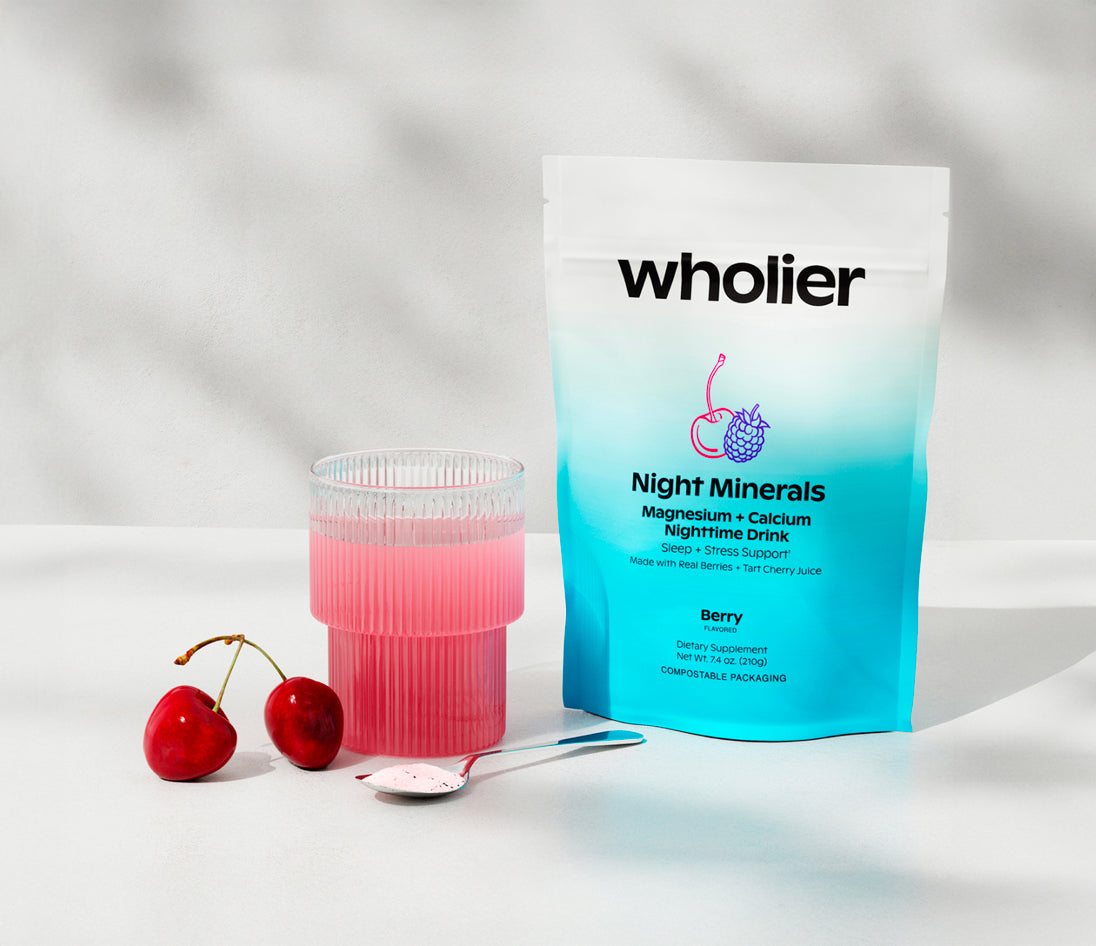
Night Minerals Magnesium + Calcium Drink
The nighttime drink formulated to support better sleep
-

Magnesium
Magnesium glycinate and citrate from seawater
-

Calcium
Calcium citrate malate
-
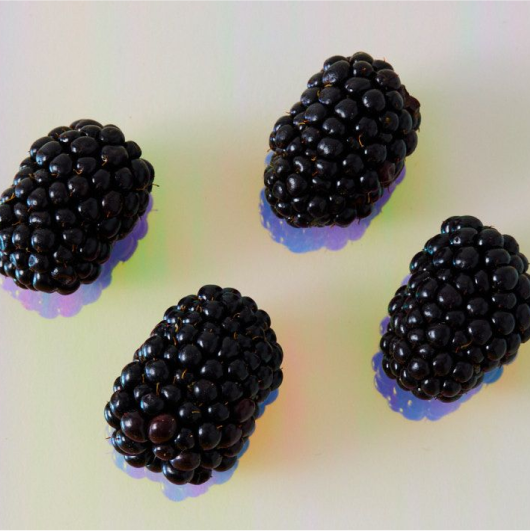
Superfood Berries
Superfood berries and tart cherry juice
Magnesium

Benefits
-
 Sleep Support*
Sleep Support*
-
 Promotes Relaxation*
Promotes Relaxation*
-
 Muscle Recovery*
Muscle Recovery*
Crafted with intention
-
 Strengthen your inner workings. Magnesium is used in over 600 cellular reactions throughout your body.*
Strengthen your inner workings. Magnesium is used in over 600 cellular reactions throughout your body.*
-
 Power down. By helping to quiet the nervous system, magnesium helps prepare your body and mind for deep and restful sleep.*
Power down. By helping to quiet the nervous system, magnesium helps prepare your body and mind for deep and restful sleep.*
-
 Eases aches and pains. Supplementing with magnesium can help relax muscles and improve muscle discomfort.*
Eases aches and pains. Supplementing with magnesium can help relax muscles and improve muscle discomfort.*
Our Difference
We use two bioavailable, organic forms of magnesium for optimal absorption.
Source
Magnesium glycinate and citrate from seawater | Sourced from Ireland
Scientific Research
Abbasi B, Kimiagar M, Sadeghniiat K, Shirazi MM, Hedayati M, Rashidkhani B. The effect of magnesium supplementation on primary insomnia in elderly: A double-blind placebo-controlled clinical trial. J Res Med Sci. 2012 Dec;17(12):1161-9.
Calcium

Benefits
-
 Sleep Support*
Sleep Support*
-
 Bone Health*
Bone Health*
-
 Muscle Function*
Muscle Function*
Crafted with intention
-
 Nourish your bones. Your body needs calcium to build and maintain strong bones.*
Nourish your bones. Your body needs calcium to build and maintain strong bones.*
-
 Strengthen your inner workings. Your heart, muscles, and nerves also need calcium to function properly.*
Strengthen your inner workings. Your heart, muscles, and nerves also need calcium to function properly.*
-
 Sleep efficiently. Research shows that taking a calcium supplement before bed can help you fall asleep and sleep well.*
Sleep efficiently. Research shows that taking a calcium supplement before bed can help you fall asleep and sleep well.*
Our Difference
The majority of calcium supplements use only synthetic forms. We use a bioavailable, non-synthetic form of calcium sourced from algae.
Source
Calcium citrate malate from marine algae | Harvested in Ireland
Scientific Research
Ikonte CJ, Mun JG, Reider CA, Grant RW, Mitmesser SH. Micronutrient Inadequacy in Short Sleep: Analysis of the NHANES 2005-2016. Nutrients. 2019 Oct 1;11(10):2335.
Superfood berry blend + tart cherry juice

Benefits
-
 Anti-Inflammatory*
Anti-Inflammatory*
-
 Sleep Support*
Sleep Support*
Crafted with intention
-
 Better sleep. Tart cherry juice increases the melatonin available in the body and can help support sleep.*
Better sleep. Tart cherry juice increases the melatonin available in the body and can help support sleep.*
 Combat inflammation. The berry blend contains high levels of antioxidants that help fight inflammation.*
Combat inflammation. The berry blend contains high levels of antioxidants that help fight inflammation.*
Our Difference
Night Minerals is the only magnesium nighttime drink to combine sleep-promoting minerals with melatonin-rich tart cherry juice.
Source
Superfood berries + Tart Cherry Juice | Sourced from the USA
Scientific Research
Huang WY, Zhang HC, Liu WX, Li CY. Survey of antioxidant capacity and phenolic composition of blueberry, blackberry, and strawberry in Nanjing. J Zhejiang Univ Sci B. 2012 Feb;13(2):94-102.
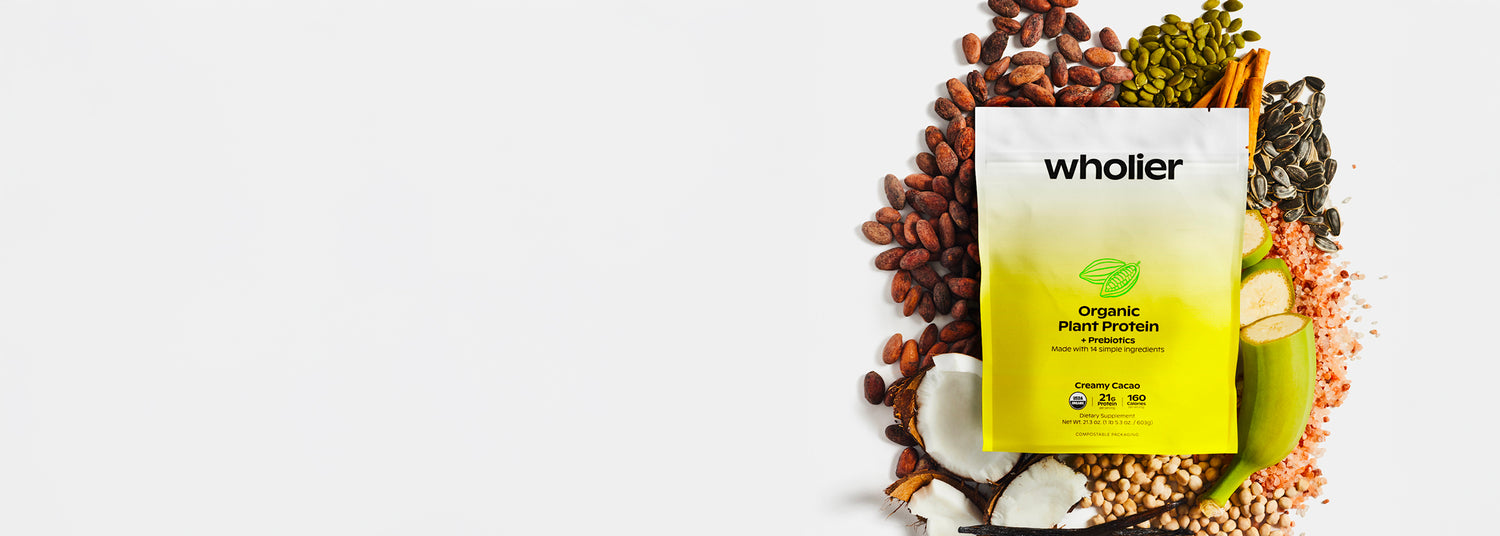
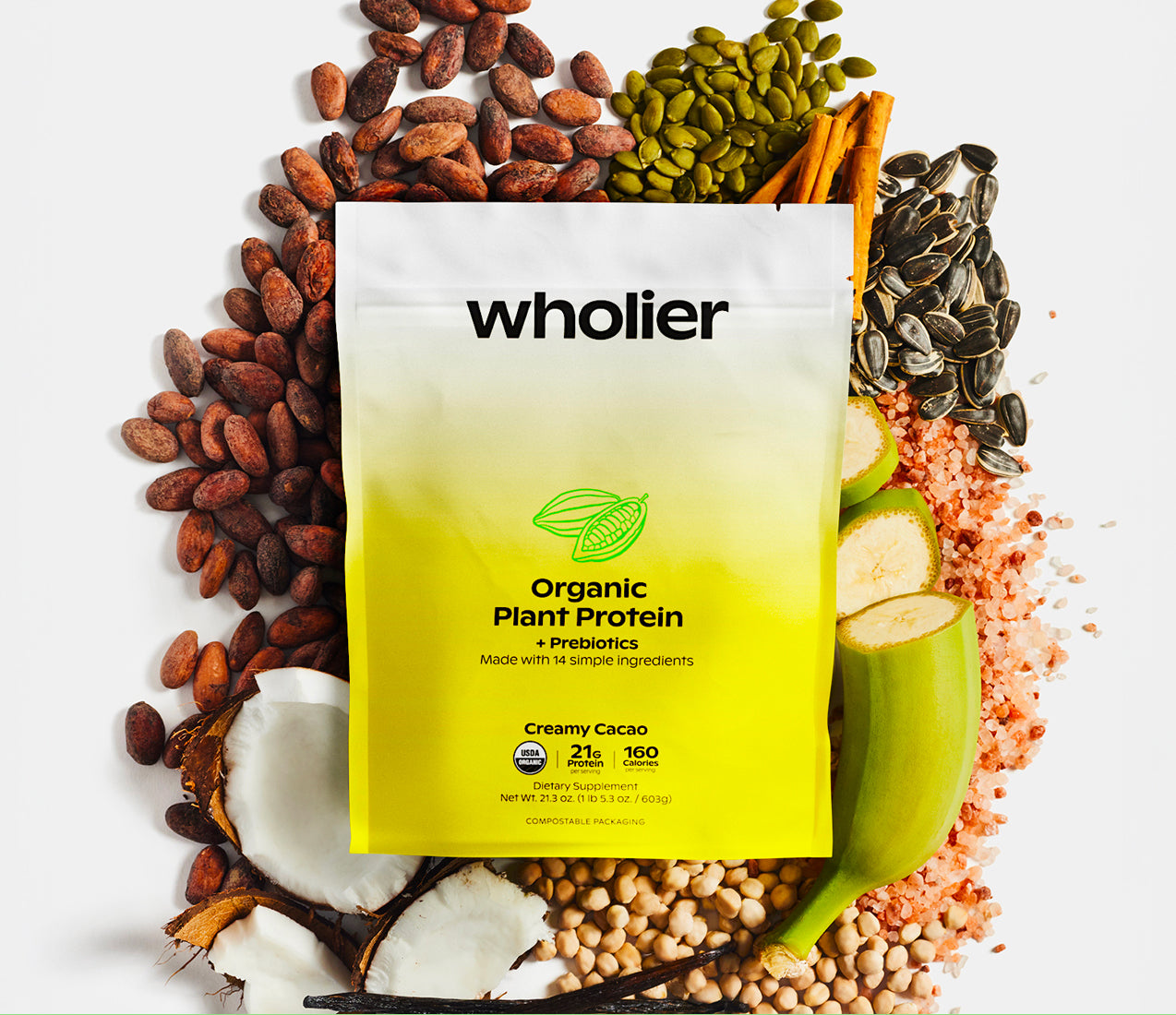
Organic Plant Protein + Prebiotics
The 100% additive-free organic plant protein
-

ORGANIC YELLOW PEA PROTEIN
-
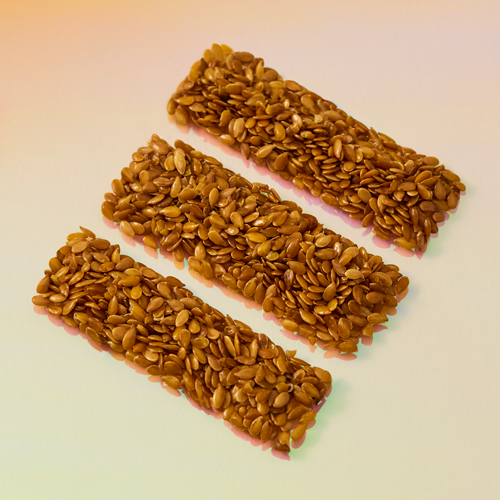
ORGANIC FLAXSEED PROTEIN
-
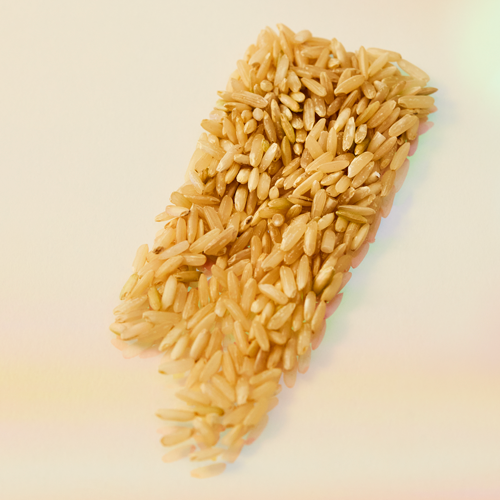
ORGANIC BROWN RICE PROTEIN
-
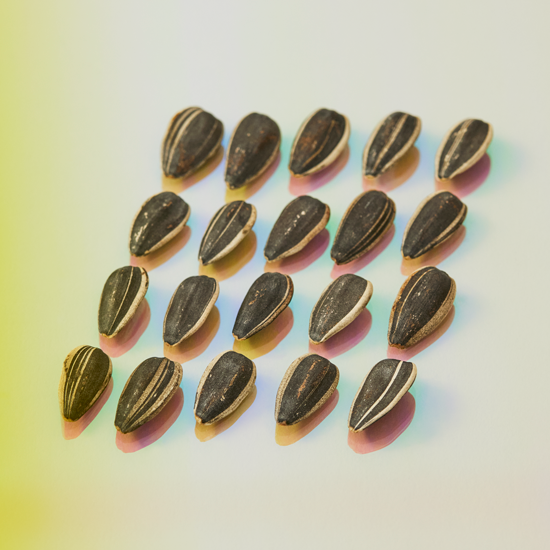
ORGANIC SUNFLOWER SEED PROTEIN
-
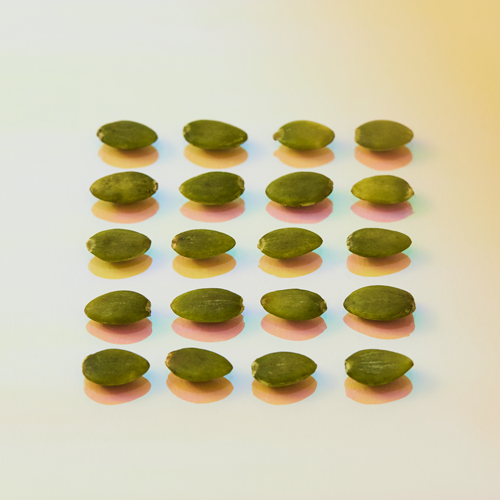
ORGANIC PUMPKIN SEED PROTEIN
-
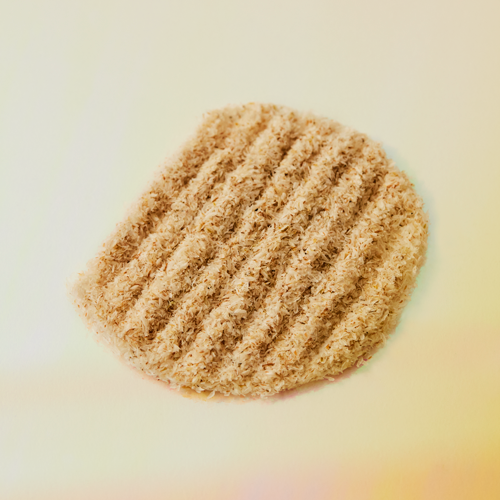
ORGANIC GROUND PSYLLIUM HUSK
-

ORGANIC GREEN BANANA
-
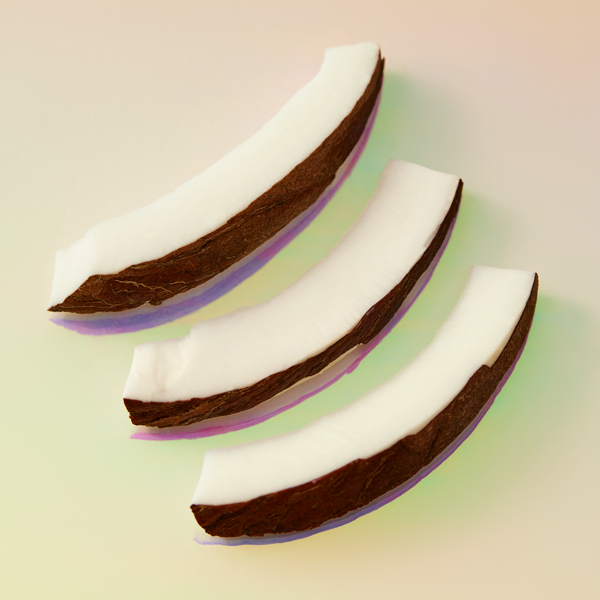
ORGANIC COCONUT MILK
ORGANIC YELLOW PEA PROTEIN

Benefits
-
 Digestive Health*
Digestive Health*
-
 Boosts Metabolism*
Boosts Metabolism*
-
 Muscle Health*
Muscle Health*
Crafted with intention
-
 The full spectrum. Pea protein has a rich amino acid profile including high amounts of lysine, which is often lacking in plants. These essential amino acids are necessary for your body to perform important functions like repairing and rebuilding muscle.
The full spectrum. Pea protein has a rich amino acid profile including high amounts of lysine, which is often lacking in plants. These essential amino acids are necessary for your body to perform important functions like repairing and rebuilding muscle.
-
 Easy to digest. The proteins in organic peas are 95–98% digestible, allowing for maximized absorption. This means the body gets access to them quickly and can put them to use right away where they are needed most.
Easy to digest. The proteins in organic peas are 95–98% digestible, allowing for maximized absorption. This means the body gets access to them quickly and can put them to use right away where they are needed most.
Our Difference
In order for a protein to be considered a "complete protein" source, it needs to have all 9 essential amino acids in balanced proportions. Our blend combines both pea and rice proteins to create a more complete amino acid profile. Pea protein lacks methionine but contains adequate lysine. Brown rice protein is the opposite. It contains high amounts of methionine, but lower amounts of lysine. When combined, the two proteins complement each other to form a balanced amino acid composition.
Source
Organic yellow peas | Harvested in USA
Scientific Research
Babault, Nicolas et al. “Pea proteins oral supplementation promotes muscle thickness gains during resistance training: a double-blind, randomized, Placebo-controlled clinical trial vs. Whey protein.” Journal of the International Society of Sports Nutrition vol. 12,1 3. 21 Jan. 2015, doi:10.1186/s12970-014-0064-5
ORGANIC FLAXSEED PROTEIN

Benefits
-
 Digestive Health*
Digestive Health*
-
 Anti-Inflammatory*
Anti-Inflammatory*
-
 Heart Health*
Heart Health*
Crafted with intention
-
 Nutrient-dense. This plant is filled with beneficial nutrients, omega-3 ALA fatty acids, and fiber.
Nutrient-dense. This plant is filled with beneficial nutrients, omega-3 ALA fatty acids, and fiber.
-
 Good blood work. The good fats in flaxseeds help reduce blood pressure, prevent artery hardening, and lower “bad” LDL cholesterol.
Good blood work. The good fats in flaxseeds help reduce blood pressure, prevent artery hardening, and lower “bad” LDL cholesterol.
-
 Keep it regular. Flaxseeds contain both soluble and insoluble fiber which work together to support digestive health and keep you regular.
Keep it regular. Flaxseeds contain both soluble and insoluble fiber which work together to support digestive health and keep you regular.
Source
Organic flaxseed | Harvested in Germany
Scientific Research
Soltanian N, Janghorbani M. A randomized trial of the effects of flaxseed to manage constipation, weight, glycemia, and lipids in constipated patients with type 2 diabetes. Nutr Metab (Lond). 2018;15:36. Published 2018 May 9. doi:10.1186/s12986-018-0273-z
ORGANIC BROWN RICE PROTEIN

Benefits
-
 Digestive Health*
Digestive Health*
-
 Boosts Metabolism*
Boosts Metabolism*
-
 Weight Management*
Weight Management*
Crafted with intention
-
 Satiety that sticks. Ever notice that brown rice keeps you full longer? That’s because it requires a good amount of energy to digest brown rice protein. Your body can keep using those calories long after you’ve finished eating.
Satiety that sticks. Ever notice that brown rice keeps you full longer? That’s because it requires a good amount of energy to digest brown rice protein. Your body can keep using those calories long after you’ve finished eating.
-
 Protein without the bulk. A study found that compared to casein (a protein found in cow’s milk), brown rice protein can help reduce weight gain by 76%.
Protein without the bulk. A study found that compared to casein (a protein found in cow’s milk), brown rice protein can help reduce weight gain by 76%.
-
 The full spectrum. Brown rice protein contains all nine essential amino acids including higher concentrations of some amino acids (like arginine and valine) than can even be found in non-vegan whey protein.
The full spectrum. Brown rice protein contains all nine essential amino acids including higher concentrations of some amino acids (like arginine and valine) than can even be found in non-vegan whey protein.
Our Difference
In order for a protein to be considered a "complete protein" source, it needs to have all 9 essential amino acids in balanced proportions. Our blend combines both pea and rice proteins to create a more complete amino acid profile. Pea protein lacks methionine but contains adequate lysine. Brown rice protein is the opposite. It contains high amounts of methionine, but lower amounts of lysine. When combined, the two proteins complement each other to form a balanced amino acid composition.
Source
Organic brown rice | Harvested in Canada
Scientific Research
“Lower weight gain and hepatic lipid content in hamsters fed high fat diets supplemented with white rice protein, brown rice protein, soy protein, and their hydrolysates” by Huijuan Zhang 1, Glenn E Bartley, Cheryl R Mitchell, Hui Zhang, Wallace Yokoyama, Journal of Agriculture and Food Chemistry 2011
ORGANIC SUNFLOWER SEED PROTEIN

Benefits
-
 Heart Health*
Heart Health*
-
 Anti-Inflammatory*
Anti-Inflammatory*
Crafted with intention
-
 Calm + protect. Flavonoids and other plant compounds in sunflower seeds help reduce inflammation.
Calm + protect. Flavonoids and other plant compounds in sunflower seeds help reduce inflammation.
-
 Good blood work. Sunflower seeds contain some of the highest concentrations of phytosterols—a.k.a. plant molecules that are good for reducing cholesterol and promoting heart health.
Good blood work. Sunflower seeds contain some of the highest concentrations of phytosterols—a.k.a. plant molecules that are good for reducing cholesterol and promoting heart health.
Source
Organic sunflower seeds | Harvested in Germany
Scientific Research
Guo S, Ge Y, Na Jom K. A review of phytochemistry, metabolite changes, and medicinal uses of the common sunflower seed and sprouts (Helianthus annuus L.). Chem Cent J. 2017;11(1):95. Published 2017 Sep 29. doi:10.1186/s13065-017-0328-7
ORGANIC PUMPKIN SEED PROTEIN

Benefits
-
 Digestive Health*
Digestive Health*
-
 Anti-Inflammatory*
Anti-Inflammatory*
-
 Heart Health*
Heart Health*
Crafted with intention
-
 Calm + protect. Pumpkin seeds contain antioxidants, which can reduce inflammation and protect your cells from harmful free radicals.
Calm + protect. Pumpkin seeds contain antioxidants, which can reduce inflammation and protect your cells from harmful free radicals.
-
 Increased immunity. Antioxidants and zinc in pumpkin seeds may reduce the risk of disease and improve digestion.
Increased immunity. Antioxidants and zinc in pumpkin seeds may reduce the risk of disease and improve digestion.
-
 Good blood work. The high magnesium content in pumpkin seeds helps lower and regulate blood pressure.
Good blood work. The high magnesium content in pumpkin seeds helps lower and regulate blood pressure.
Source
Organic pumpkin seeds | Harvested in Austria
Scientific Research
Sturniolo, G C et al. “Zinc supplementation tightens "leaky gut" in Crohn's disease.” Inflammatory bowel diseases vol. 7,2 (2001): 94-8. doi:10.1097/00054725-200105000-00003
ORGANIC GROUND PSYLLIUM HUSK
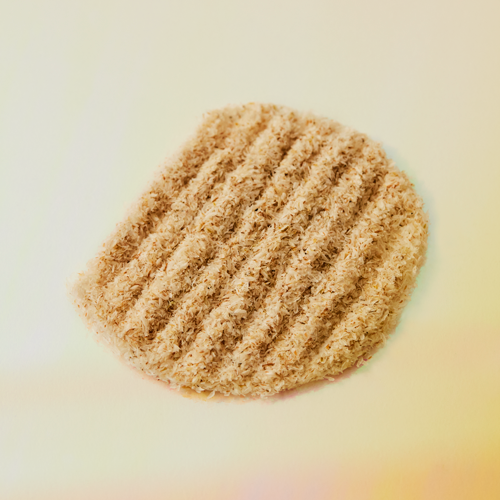
Benefits
-
 Digestive Health*
Digestive Health*
-
 Gut Health*
Gut Health*
-
 Immune Support*
Immune Support*
Crafted with intention
-
 Good for the gut. Psyllium husk is a natural prebiotic fiber, which means that it promotes the growth of healthy bacteria in your gut.
Good for the gut. Psyllium husk is a natural prebiotic fiber, which means that it promotes the growth of healthy bacteria in your gut.
-
 Strengthen your defenses. Colonies of healthy bacteria in the gut help maintain a strong immune system and boost overall health.
Strengthen your defenses. Colonies of healthy bacteria in the gut help maintain a strong immune system and boost overall health.
Source
Organic psyllium husk | Harvested in India
Scientific Research
Jalanka, Jonna et al. “The Effect of Psyllium Husk on Intestinal Microbiota in Constipated Patients and Healthy Controls.” International journal of molecular sciences vol. 20,2 433. 20 Jan. 2019, doi:10.3390/ijms20020433
ORGANIC GREEN BANANA

Benefits
-
 Digestive Health*
Digestive Health*
-
 Gut Health*
Gut Health*
Crafted with intention
-
 Good for the gut. Some studies suggest that these unripe bananas have the highest grade and level of resistant starch of any food in the world. This starch acts as a prebiotic by feeding the good bacteria in your gut.
Good for the gut. Some studies suggest that these unripe bananas have the highest grade and level of resistant starch of any food in the world. This starch acts as a prebiotic by feeding the good bacteria in your gut.
-
 Strengthen your defenses. The powerful resistant starches reduce the prevalence of potentially harmful bacteria in your large intestine.
Strengthen your defenses. The powerful resistant starches reduce the prevalence of potentially harmful bacteria in your large intestine.
Source
Organic young bananas | Harvested in Colombia
Scientific Research
Jiang, Huanhuan, et al. "Digestibility and changes to structural characteristics of green banana starch during in vitro digestion." Food Hydrocolloids 49 (2015): 192-199.
ORGANIC COCONUT MILK

Benefits
-
 Weight Management*
Weight Management*
-
 Heart Health*
Heart Health*
-
 Immune Support*
Immune Support*
Crafted with intention
-
 Satiety that sticks. Several studies have found that consuming MCTs (medium-chain triglycerides), which are present in coconut milk, can help promote a healthy weight by decreasing appetite and increasing energy.
Satiety that sticks. Several studies have found that consuming MCTs (medium-chain triglycerides), which are present in coconut milk, can help promote a healthy weight by decreasing appetite and increasing energy.
-
 Strengthen your defense. One of the most remarkable benefits of coconut milk lies in its ability to boost immune function. Lauric acid, a medium chain saturated fatty acid in the coconut fruit, exhibits antimicrobial and anticancer properties.
Strengthen your defense. One of the most remarkable benefits of coconut milk lies in its ability to boost immune function. Lauric acid, a medium chain saturated fatty acid in the coconut fruit, exhibits antimicrobial and anticancer properties.
-
 Protect your heart. MCT oil can help lower LDL (the “bad”) cholesterol while also increasing your HDL (the “good”) cholesterol. In turn, this can reduce your risk of heart disease.
Protect your heart. MCT oil can help lower LDL (the “bad”) cholesterol while also increasing your HDL (the “good”) cholesterol. In turn, this can reduce your risk of heart disease.
Our Difference
Most protein powders use gums (like the commonly found xanthan gum) to achieve the desirable creamy texture. Our blend uses coconut milk which achieves the same blendability and offers notable health benefits.
Source
Organic coconuts | Harvested in Sri Lanka
Scientific Research
Mumme, Karen, and Welma Stonehouse. “Effects of medium-chain triglycerides on weight loss and body composition: a meta-analysis of randomized controlled trials.” Journal of the Academy of Nutrition and Dietetics vol. 115,2 (2015): 249-263. doi:10.1016/j.jand.2014.10.022
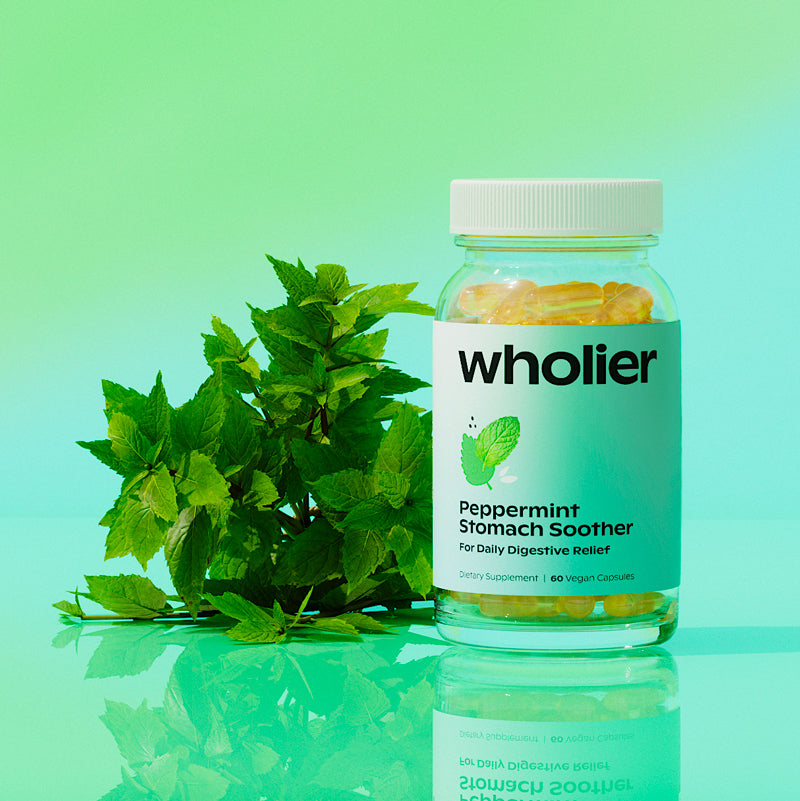
Peppermint Stomach Soother
The natural way to relieve your digestive issues
-
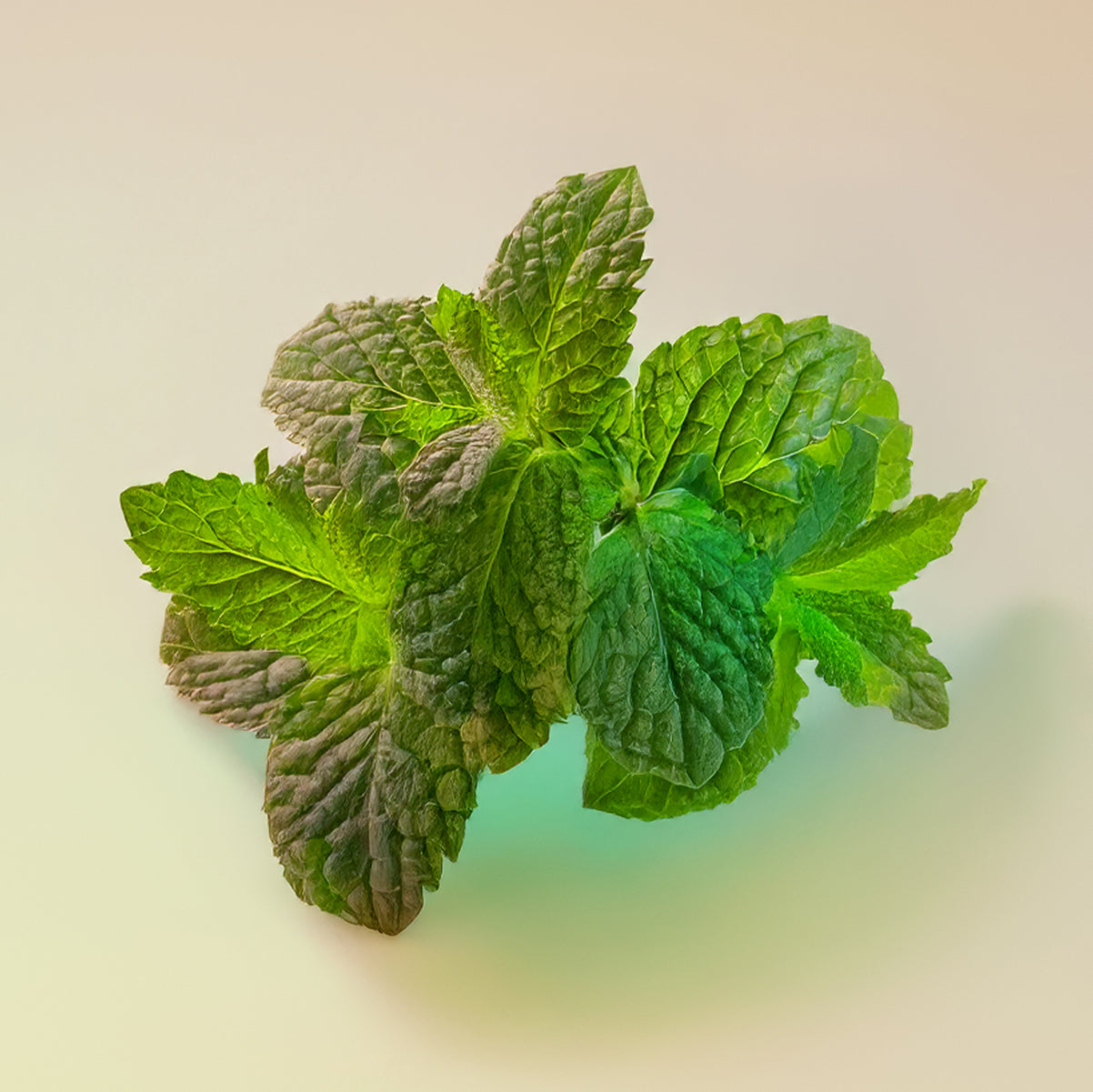
PEPPERMINT OIL
-
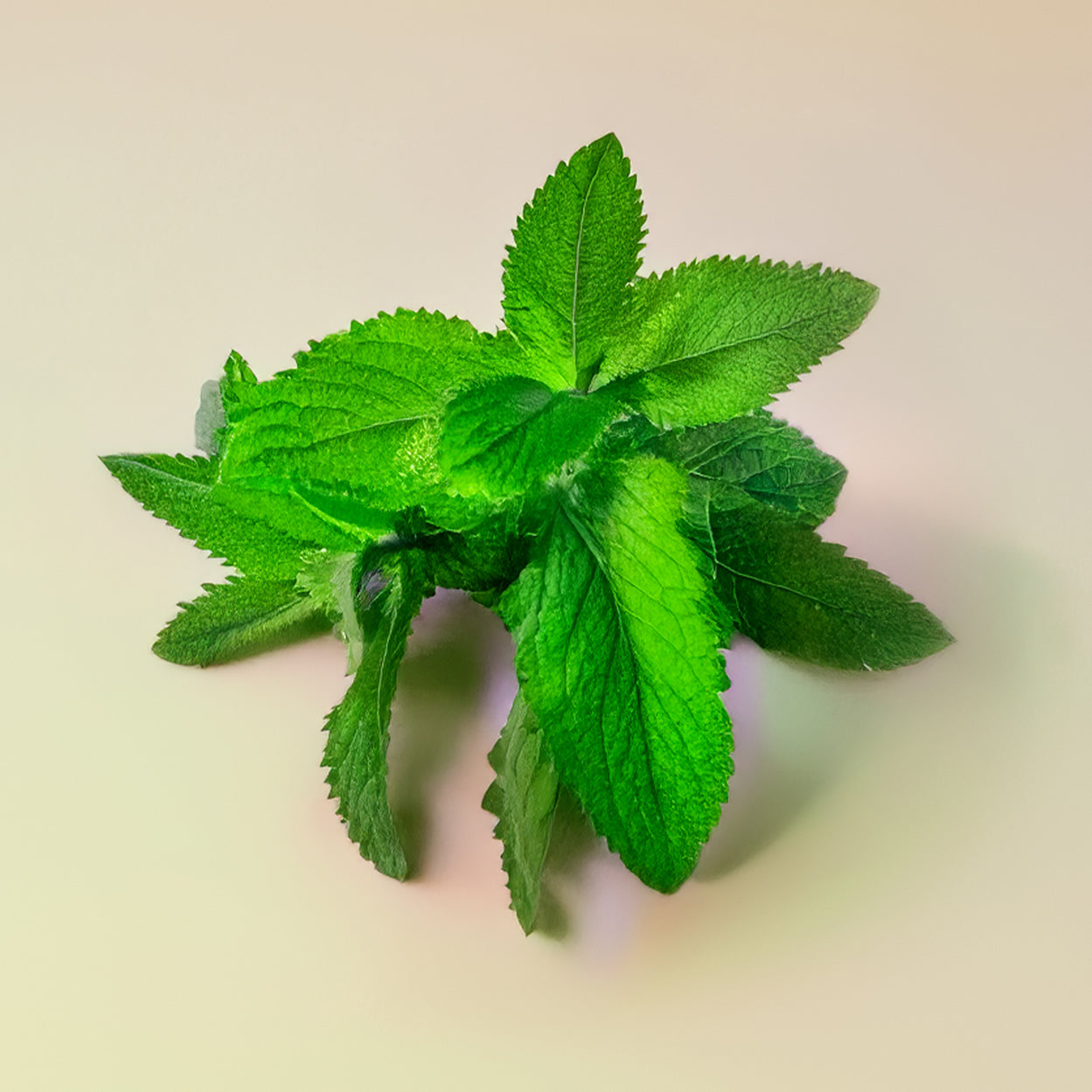
SPEARMINT OIL
-
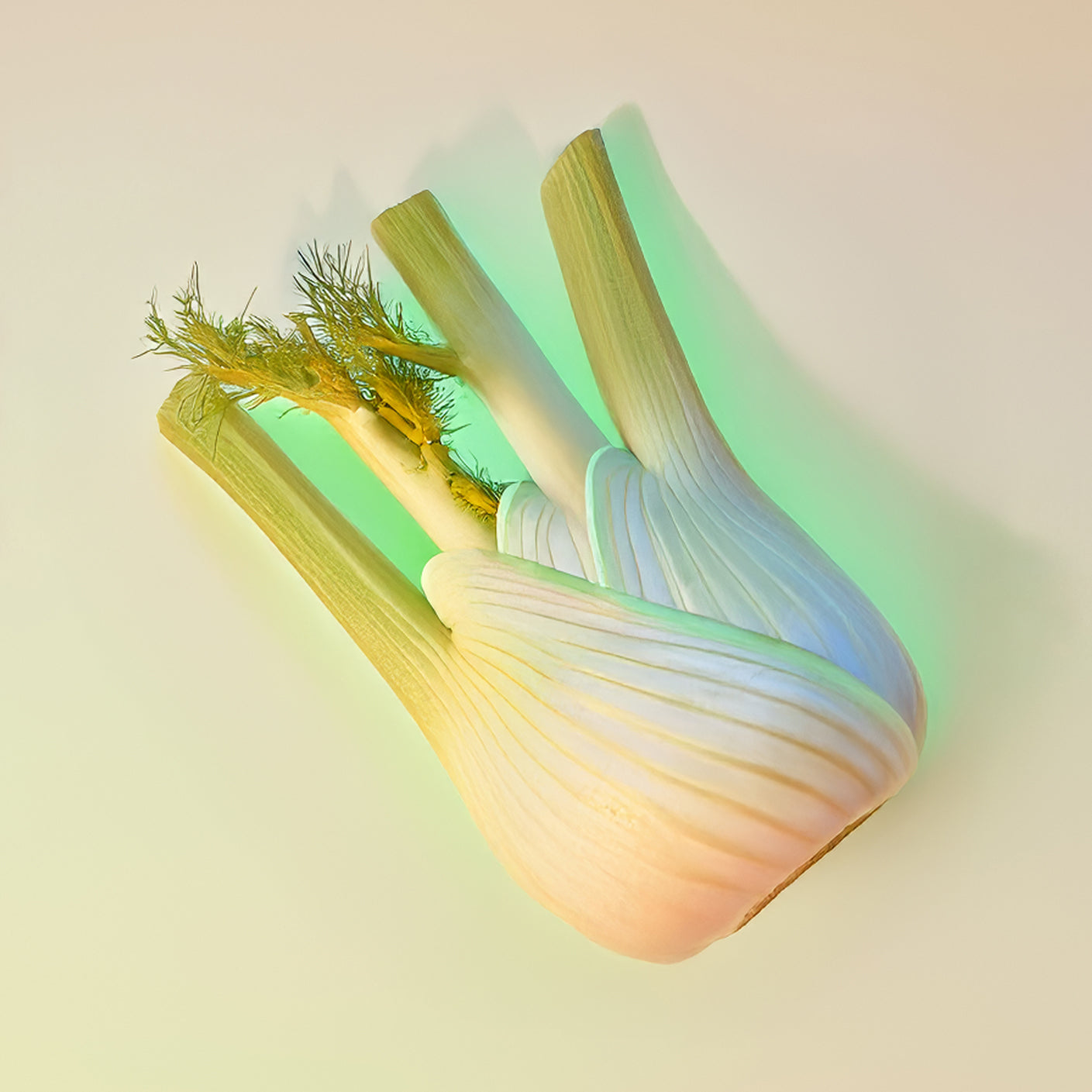
FENNEL SEED OIL
-
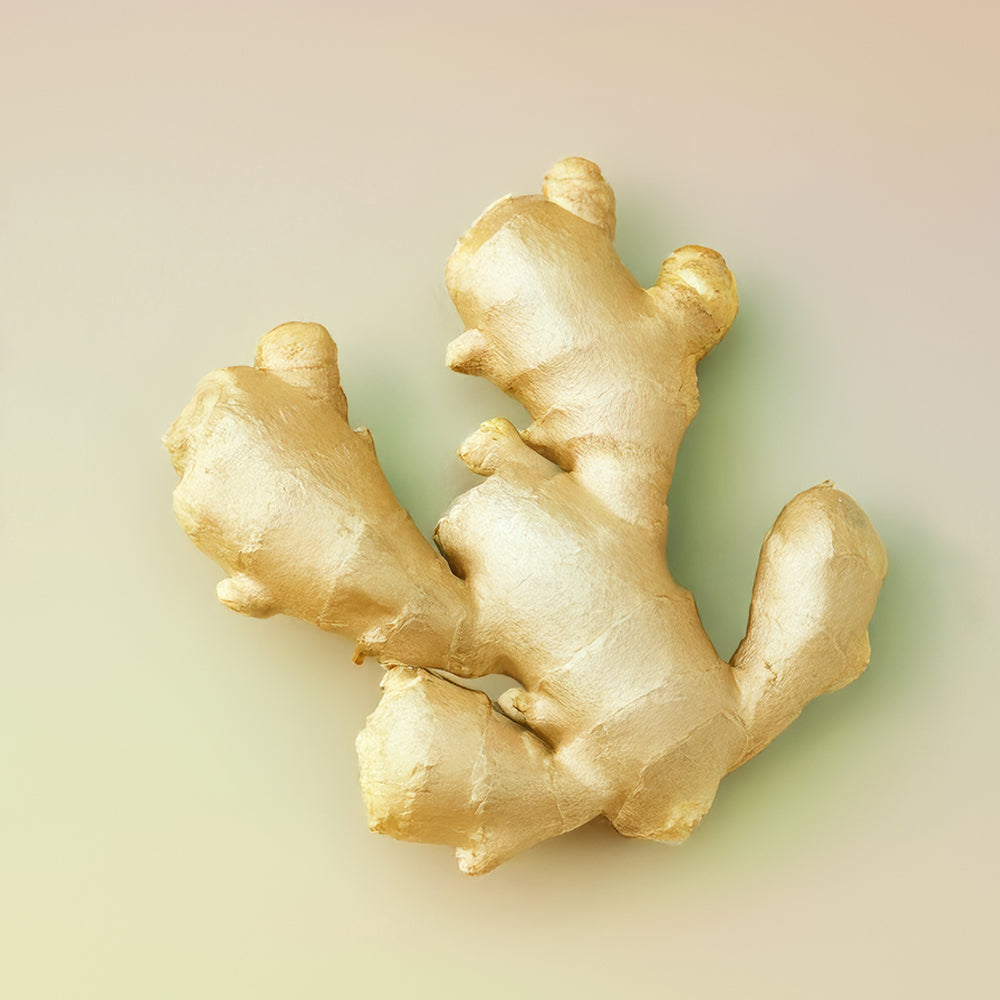
GINGER ROOT OIL
-
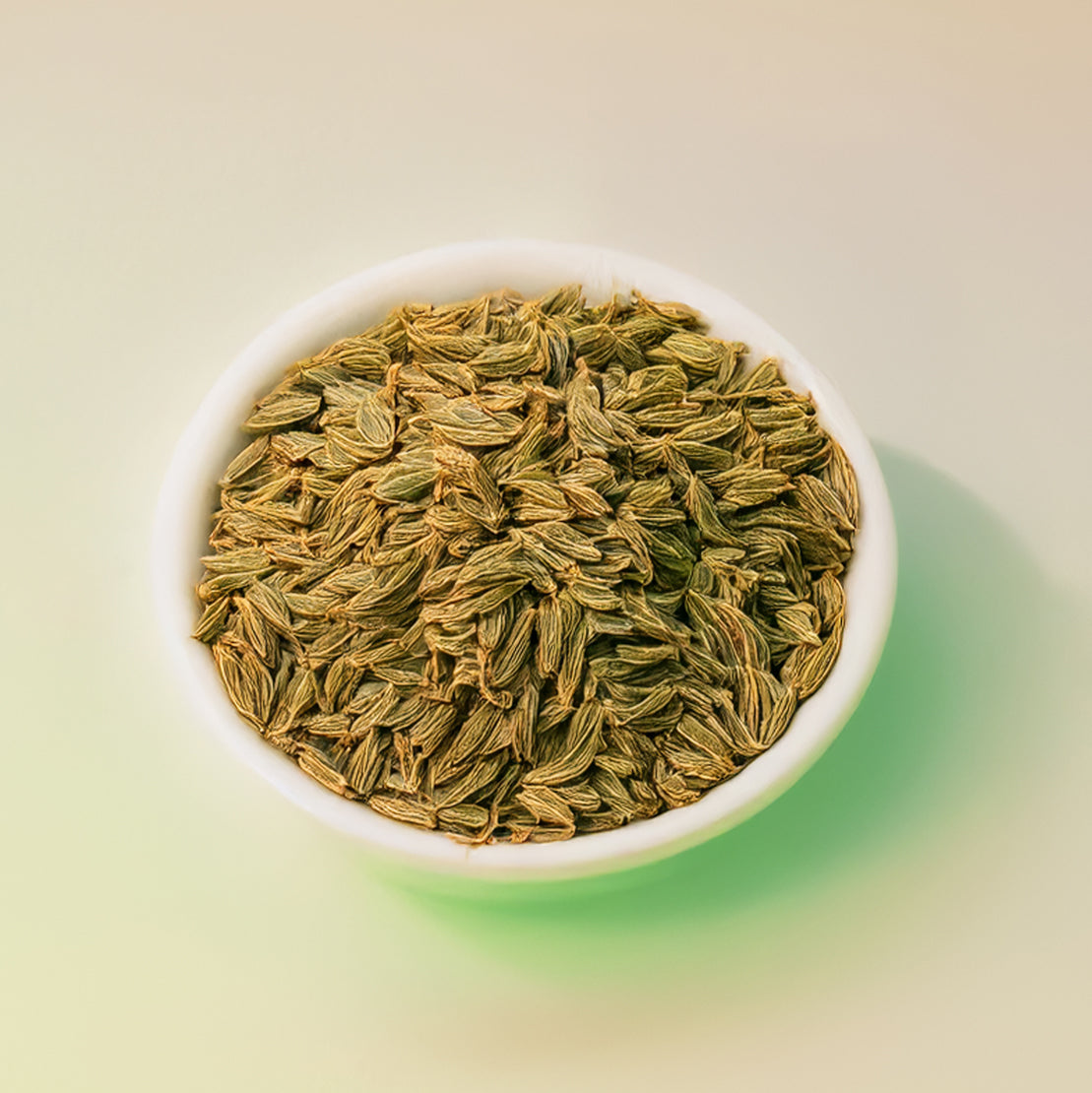
CUMIN SEED OIL
PEPPERMINT OIL

Benefits
-
 Eases Bloating and Gas*
Eases Bloating and Gas*
-
 Relieves Nausea and Stomach Upset*
Relieves Nausea and Stomach Upset*
-
 Supports Regularity and Digestion*
Supports Regularity and Digestion*
Crafted with intention
-
 Natural muscle relaxer. Menthol naturally relaxes your digestive muscles by calming smooth muscle contractions, which helps release trapped gas and ease bloating.
Natural muscle relaxer. Menthol naturally relaxes your digestive muscles by calming smooth muscle contractions, which helps release trapped gas and ease bloating. -
 Promotes easy movement. By improving the natural rhythm of your digestive system, peppermint helps food move smoothly through your tract, supporting healthy regularity.
Promotes easy movement. By improving the natural rhythm of your digestive system, peppermint helps food move smoothly through your tract, supporting healthy regularity. -
 Calms upset stomach. Works directly with your vagus nerve (your gut's communication superhighway) to naturally ease nausea and stomach discomfort.
Calms upset stomach. Works directly with your vagus nerve (your gut's communication superhighway) to naturally ease nausea and stomach discomfort. -
 Smart delivery system. Our special capsule carries peppermint oil directly to your digestive tract where it's needed most, bypassing the stomach to prevent irritation.
Smart delivery system. Our special capsule carries peppermint oil directly to your digestive tract where it's needed most, bypassing the stomach to prevent irritation.
Source
Peppermint Oil | Sourced from India
Scientific Research
“Peppermint oil is an effective treatment for irritable bowel syndrome: a randomized, double-blind, placebo-controlled trial.” Journal of Clinical Gastroenterology, 2007.
“Peppermint oil for the treatment of irritable bowel syndrome: a systematic review and meta-analysis.” Journal of Clinical Gastroenterology, 2014.
SPEARMINT OIL

Benefits
-
 Soothes Nausea and Upset Stomach*
Soothes Nausea and Upset Stomach*
-
 Supports Gut Relaxation*
Supports Gut Relaxation*
-
 Promotes Hormonal Balance and Digestion*
Promotes Hormonal Balance and Digestion*
Crafted with intention
-
 Gentle gut support. Contains carvone, a naturally gentle compound that relaxes digestive muscles without being too intense, making it perfect for sensitive stomachs.
Gentle gut support. Contains carvone, a naturally gentle compound that relaxes digestive muscles without being too intense, making it perfect for sensitive stomachs. -
 Natural inflammation fighter. Helps reduce irritation in your digestive tract while being gentle enough for daily use, promoting long-term gut comfort.
Natural inflammation fighter. Helps reduce irritation in your digestive tract while being gentle enough for daily use, promoting long-term gut comfort. -
 Balanced nausea relief. Works with your body's natural stress response system to ease nausea, providing relief without the intensity of stronger oils.
Balanced nausea relief. Works with your body's natural stress response system to ease nausea, providing relief without the intensity of stronger oils.
Source
Spearmint Oil | Sourced from India
Scientific Research
“Effects of spearmint oil on gastrointestinal function: A clinical trial.” Journal of Gastrointestinal Research, 2015.
FENNEL SEED OIL

Benefits
-
 Eases Bloating and Gas*
Eases Bloating and Gas*
-
 Calms Indigestion*
Calms Indigestion*
-
 Supports Regularity*
Supports Regularity*
Crafted with intention
-
 Natural gas relief. Rich in anethole, which naturally relaxes your digestive muscles to release trapped gas and ease uncomfortable bloating.
Natural gas relief. Rich in anethole, which naturally relaxes your digestive muscles to release trapped gas and ease uncomfortable bloating. -
 Digestive support. Stimulates your body's production of digestive enzymes and bile, helping break down food more efficiently for smoother digestion.
Digestive support. Stimulates your body's production of digestive enzymes and bile, helping break down food more efficiently for smoother digestion. -
 Gentle movement support. Helps regulate your digestive system's natural rhythm, promoting comfortable, regular bowel movements.
Gentle movement support. Helps regulate your digestive system's natural rhythm, promoting comfortable, regular bowel movements.
Source
Fennel Seed Oil | Sourced from India
Scientific Research
“Fennel (Foeniculum vulgare) and its role in gastrointestinal health: A review.” Journal of Herbal Medicine, 2015.
“Effects of fennel on gastrointestinal health: A randomized controlled trial.” Phytotherapy Research, 2016.
GINGER ROOT OIL

Benefits
-
 Relieves Nausea and Stomach Upset*
Relieves Nausea and Stomach Upset*
-
 Eases Indigestion*
Eases Indigestion*
-
 Supports Regularity and Gut Health*
Supports Regularity and Gut Health*
Crafted with intention
-
 Natural nausea fighter. Contains specific compounds that calm your stomach's natural stress response, making it especially helpful for morning sickness and motion discomfort.
Natural nausea fighter. Contains specific compounds that calm your stomach's natural stress response, making it especially helpful for morning sickness and motion discomfort. -
 Promotes good flow. Gently stimulates stomach contractions to help food move through your system more efficiently, reducing feelings of fullness.
Promotes good flow. Gently stimulates stomach contractions to help food move through your system more efficiently, reducing feelings of fullness. -
 Soothes your system. Natural compounds in ginger help calm inflammation in your digestive tract, promoting both immediate and long-term comfort.
Soothes your system. Natural compounds in ginger help calm inflammation in your digestive tract, promoting both immediate and long-term comfort.
Source
Ginger Root Oil | Sourced from India
Scientific Research
“Ginger and its bioactive components in promoting digestion and alleviating gastrointestinal issues.” World Journal of Gastroenterology, 2011.
CUMIN SEED OIL

Benefits
-
 Eases Bloating and Gas*
Eases Bloating and Gas*
-
 Supports Digestion*
Supports Digestion*
-
 Promotes Regularity*
Promotes Regularity*
Crafted with intention
-
 Better breakdown. Rich in natural compounds that stimulate digestive enzymes, helping your body process food more efficiently and reduce gas formation.
Better breakdown. Rich in natural compounds that stimulate digestive enzymes, helping your body process food more efficiently and reduce gas formation. -
 Natural tension relief. Works as a gentle antispasmodic, helping your digestive muscles relax to release trapped gas and ease bloating.
Natural tension relief. Works as a gentle antispasmodic, helping your digestive muscles relax to release trapped gas and ease bloating. -
 Supports regularity. Helps stimulate your digestive system's natural movement, promoting healthy, regular bowel patterns without harshness.
Supports regularity. Helps stimulate your digestive system's natural movement, promoting healthy, regular bowel patterns without harshness.
Source
Cumin Seed Oil | Sourced from India
Scientific Research
“Effects of cumin on gastrointestinal health: A randomized controlled trial.” Phytotherapy Research, 2016.
“Pharmacological basis for the medicinal use of cumin in gastrointestinal motility disorders.” Journal of
Ethnopharmacology, 2005.
























